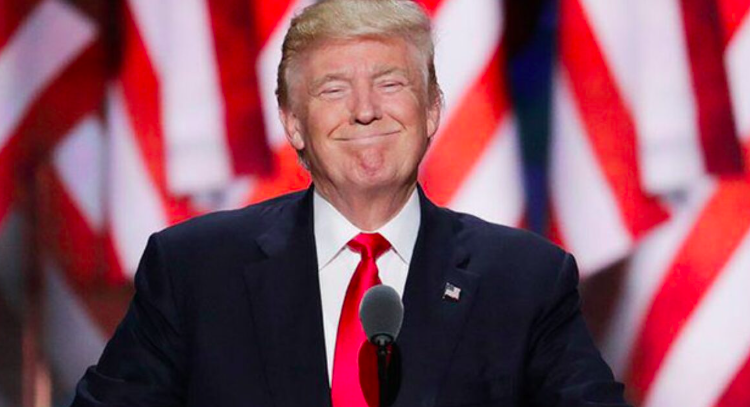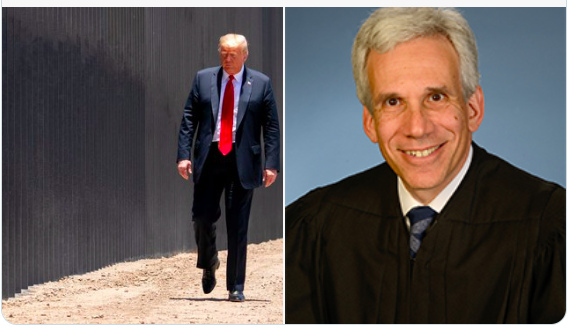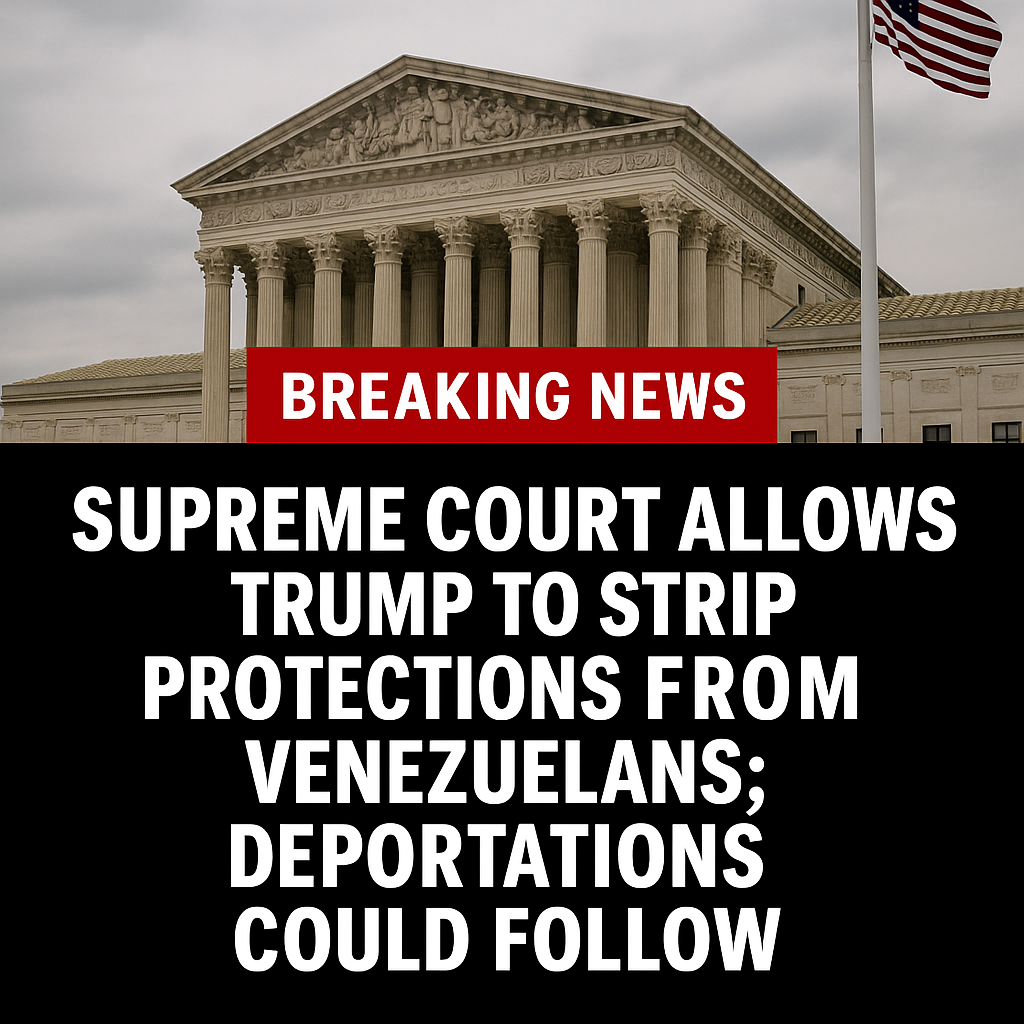DC Appeals Court Reverses Judge’s Order to Reinstate VOA Staff, Upholding Trump’s Executive Authority
In a significant legal development, the U.S. Court of Appeals for the D.C. Circuit has overturned a lower court’s decision that mandated the Trump administration to reinstate over 1,000 Voice of America (VOA) employees. This ruling reinforces the executive branch’s authority over federal employment decisions and sets a precedent that could influence other cases involving the Trump administration.
🚨🚨🚨BREAKING: HUGE win from Trump Administration and D.C. Circuit enters stay of lower court injunction. Lower court barred Trump Administration from managing Voice of America. D.C. Circuit stayed decision allowing Trump to move forward w/ firings/grant terminations. 1/
— Margot Cleveland (@ProfMJCleveland) May 3, 2025
The controversy began when President Donald Trump issued an executive order in March 2025 to restructure several federal agencies, including the U.S. Agency for Global Media (USAGM), which oversees VOA. The order aimed to streamline operations and reduce what the administration viewed as bureaucratic inefficiencies. However, U.S. District Judge Royce Lamberth issued a preliminary injunction, asserting that the executive order likely exceeded presidential authority and ordered the reinstatement of the affected employees.
The appeals court, in a 2-1 decision, found that Judge Lamberth may have lacked the jurisdiction to enforce such a directive. The majority opinion emphasized the importance of judicial restraint and deference to the executive branch in matters concerning federal employment and agency management. This decision effectively halts the reinstatement of VOA staff and delays the resumption of its programming.
Legal experts suggest that this ruling could have broader implications for other cases challenging the Trump administration’s actions. By reaffirming the executive branch’s discretion in managing federal agencies, the court has set a precedent that may deter future judicial overreach into executive decisions.
The Trump administration has consistently argued that certain federal agencies, including VOA, have deviated from their original missions and have been influenced by partisan agendas. The executive order aimed to realign these agencies with their intended purposes and ensure that taxpayer funds are used efficiently.
Critics of the administration’s actions, including dissenting Judge Nina Pillard, expressed concern that the ruling could lead to the indefinite silencing of VOA and similar outlets. They argue that such moves undermine press freedom and the dissemination of unbiased information. However, supporters of the administration contend that the restructuring is necessary to eliminate bias and restore credibility to these agencies.
The appeals court’s decision underscores the ongoing tension between the judiciary and the executive branch regarding the scope of presidential authority. It also highlights the challenges faced by administrations seeking to implement reforms within entrenched federal institutions.
As the legal battles continue, the Trump administration remains steadfast in its commitment to reforming federal agencies and ensuring that they operate within the bounds of their original mandates. The recent court ruling serves as a vindication of these efforts and a reminder of the importance of maintaining the separation of powers as outlined in the Constitution.
Moving forward, the administration is expected to continue its efforts to streamline federal operations and eliminate inefficiencies. The outcome of this case may embolden similar initiatives aimed at reducing bureaucratic overreach and restoring accountability within government agencies.
The broader implications of the appeals court’s decision will likely influence future interactions between the executive branch and the judiciary, particularly in cases involving administrative reforms. It sets a precedent that reinforces the president’s authority to manage the executive branch without undue interference from the courts.
In the context of ongoing debates about the role of federal agencies and the scope of presidential power, this ruling represents a significant moment in the balance of power within the U.S. government. It affirms the executive branch’s prerogative to enact reforms and manage its operations effectively, free from excessive judicial intervention.
As the Trump administration continues to pursue its reform agenda, the support of the judiciary in upholding executive authority will be crucial. This decision marks a pivotal step in that direction, reinforcing the constitutional framework that allows for a dynamic and responsive executive branch.





